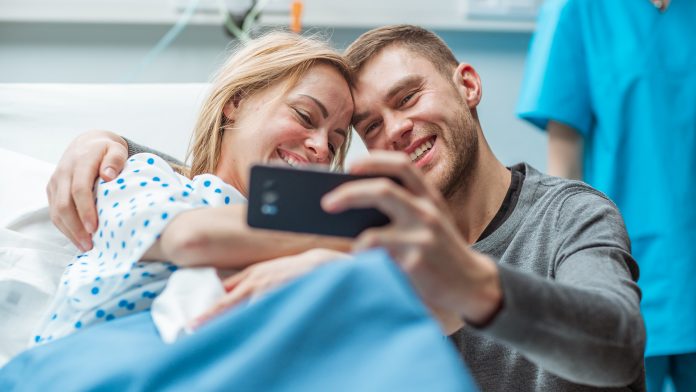
Taking medical ‘selfies’ and sharing them with a doctor empowers and reassures healthcare consumers, and can improve doctor-patient relationships, according to QUT.
Researchers from Queensland University of Technology (QUT), Australia, have found that by taking medical ‘selfies’, healthcare consumers experience an improvement in their self confidence. Former medical photographer Dr Kara Burns conducted the research as part of her PhD through the QUT Business School, with the findings published in the Journal of Medical Internet Research.
Details of the study
To gauge experiences with and attitudes to consumer-generated health photographs, Burns first interviewed 30 patients, clinicians, and carers.
The second study was a pilot trial with parents taking photos of their children’s surgical wounds after they had undergone laparoscopic appendectomy at the Queensland Children’s Hospital. 26 parents completed the study, receiving training and then taking photos every two days and emailing the photos to the hospital so that surgeons could review healing.
Parents said it improved their confidence in and satisfaction with the medical service, and taking the photos was a useful reminder for them to check how the surgical sites were healing.
Burns said the findings from the photographic trial supported conclusions drawn from the interview study.
“The first study asked a range of people what they think about the role of this kind of consumer-generated data, and the second study was to see how people engage with it, as there can be a difference between what people say they will do and what they will do,” she said.
Enhancing doctor and patient experience
“But these two studies largely confirmed each other. Consumers feel this data is valuable, it helps them have a sense of autonomy in their care, improves their view of the service they are being provided, and it enhances the relationship between doctor and patient because there is a sense of mutual respect and communication.” Added Burns.
“The parents who took part in the trial said they felt reassured and that the service was going above and beyond. They said normally the door feels shut when you leave a hospital, and providing the photos was a way to stay connected and contact the surgeon afterwards.”
Burns said while for clinicians it may be difficult to integrate patient-generated data, such as photographs, video, or information from apps or body monitoring devices, into clinical records, medical professionals should consider it.
“This study adds to a body of research that shows there are benefits for clinicians and also for patients in engaging with this kind of patient or carer-generated information,” she said.
“If doctors ignore it and don’t engage, this research shows that it impacts the service experience and that some patients will switch doctors.”









